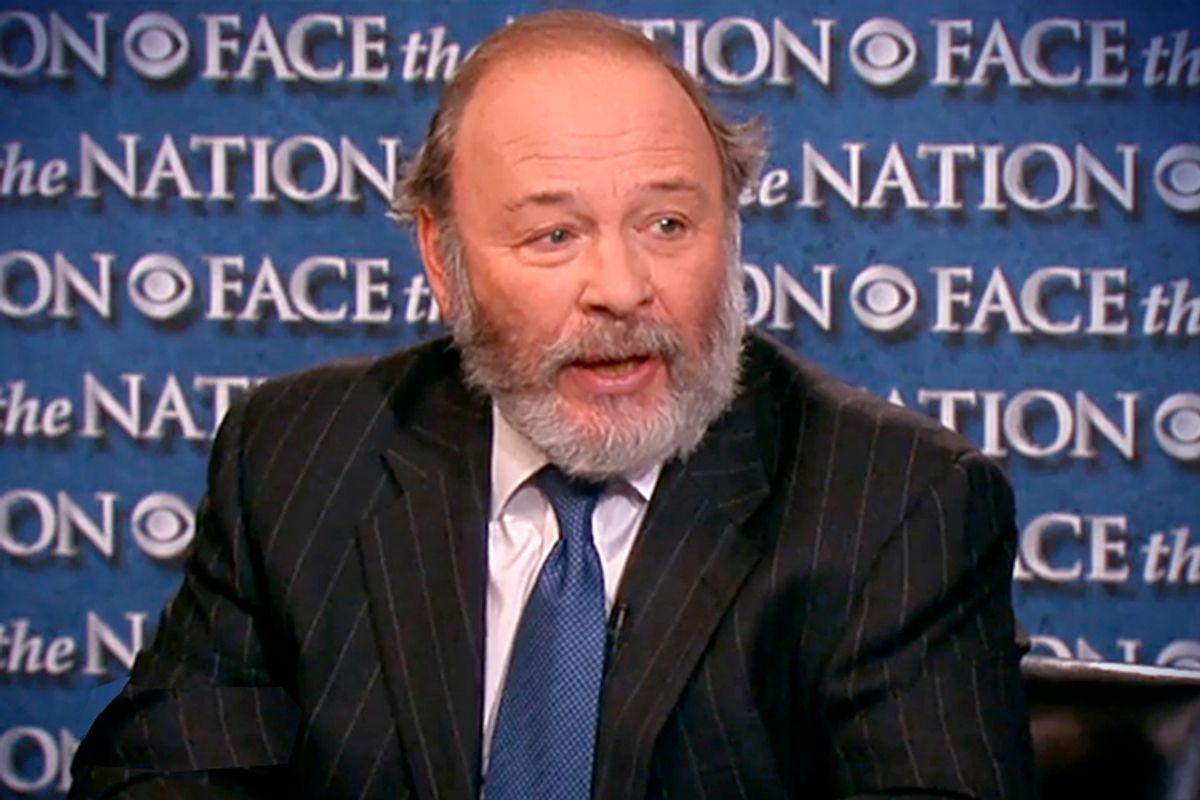We just witnessed several weeks of unfolding diplomatic events whose consequences could have life-or-death implications. But if you were expecting the press to give you the full story on Syria, you left disappointed.
Here are five things that (most of) the press got totally wrong in reporting on the Syria story over the last month.
1. Obama’s presidency rested on winning the Congressional vote
This was a common theme in the press leading up to the since-delayed Congressional vote, and it’s vastly overstated, at best. Presidents lose all the time…and then come back and win the next time. It’s probably true that a president’s influence, both on the Hill and with other people he bargains with, is marginally diminished by high-profile losses, all else being equal. But presidential influence on (for example) what Members of Congress do is overrated, anyway. Party, what their constituents want, long-standing political alliances, even the personal preferences of Members – all of those are going to be more important than whether the president is up or down.
Not only that, but “the presidency rides on the Syria vote” indulges one of the very worst press biases – that whatever is in the headlines today will be important down the road. Or even tomorrow. Just a few days after the Syria situation was put on hold, everyone’s attention went back to the impending budget showdown, and few of the good stories about leverage in that fight made any mention of Syria. What the whole presidency rested on just last week was instantly forgotten. Which is a perfectly predictable and often repeated phenomenon. The current story always gets hyped.
2. Barack Obama’s goal was war, and the key questions are about whether he gets it
As soon as Obama began talking about an intervention, the press snapped into a 2002 frame: Obama wanted war, and the question was whether or not he would get it. That certainly was the correct way to interpret the Bush administration’s approach to Iraq, but it was unhelpful in thinking about what Obama wanted in Syria. It would have been more accurate to frame it in terms of a goal – Obama’s stated goal – of increasing international norms against use of chemical weapons.
3. Presidents are “deciders” – so the important question is whether they can enforce their decisions
This is an old one, but George W. Bush put it into words, and as with the previous one the Bush experience seems to be driving plenty of the news coverage.
But there’s a different way of looking at the presidency. If presidents are not so much “deciders” as they are initiators, then Obama’s record on Syria looks a lot different. Then, the questions worth asking aren’t about whether he got his way, but things such as whether he made the right choices about what to spend his resources on, whether his initiative was well-timed, whether he did a good job of listening to the information that his initiative generated. And, most importantly, whether the eventual policy was a good one or not. Those are all more important in evaluating his actions, and to the larger questions about policy, than simply how the eventual policy compares with his initial ideas.
4. Presidents are “deciders” – so it’s crucial that they make decisions and stick with them
This one showed up in the aftermath of the sequence in which Obama seized on a new opportunity for a negotiated solution, and asked Congress to hold off voting after all. Again, as with some of the others, this one inexplicably looks back on George W. Bush’s behavior on Iraq as some sort of excellent role model. One would think that the press would rush to embrace flexibility in the White House, but that wasn’t the case during the Syria episode, where pundits like Joe Klein seemed insistent that Bush's firm resoluteness was the gold standard, with or without context or nuance.
5. We are going to “war”
On this one, I count myself as guilty as anyone.
The press, along with the political establishment, utterly failed to find, or at least to consistently use, a vocabulary for what was on the table. Certainly air or missile strikes are an act of war, and should be reported as such; just as certainly, those sorts of limited attacks always bring with them the risk of additional involvement – either from retaliation or from mission creep. At the same time, calling that “going to war” summons up images of, well, troops marching, and casualties coming home to hospitals or in body bags. Even keeping the risks in mind, that’s not what was being talked about. A vocabulary is really needed to make clear that it is “real” war, but that it’s also not at all similar to Iraq, the Gulf War, or other full-out invasions.



Shares